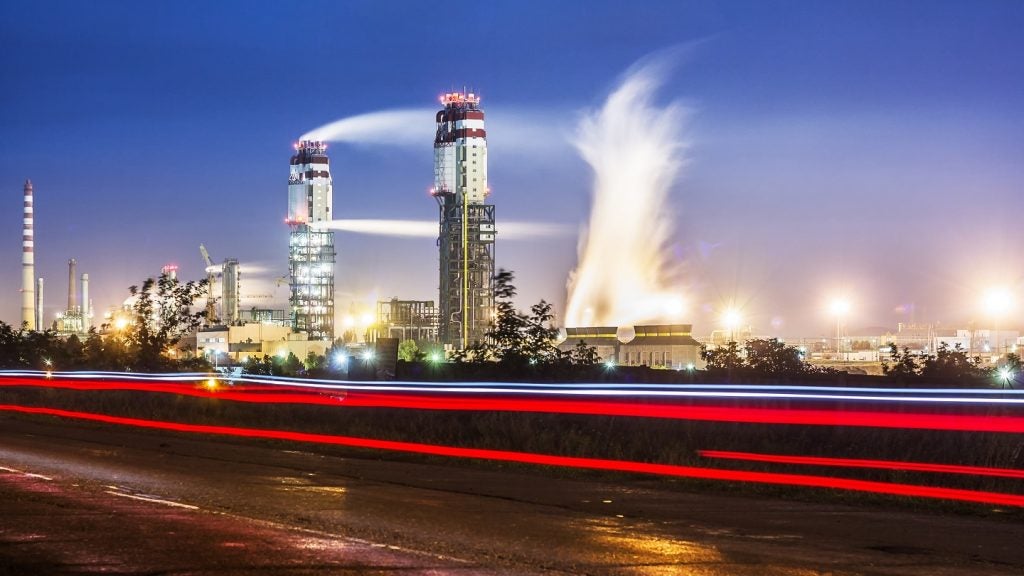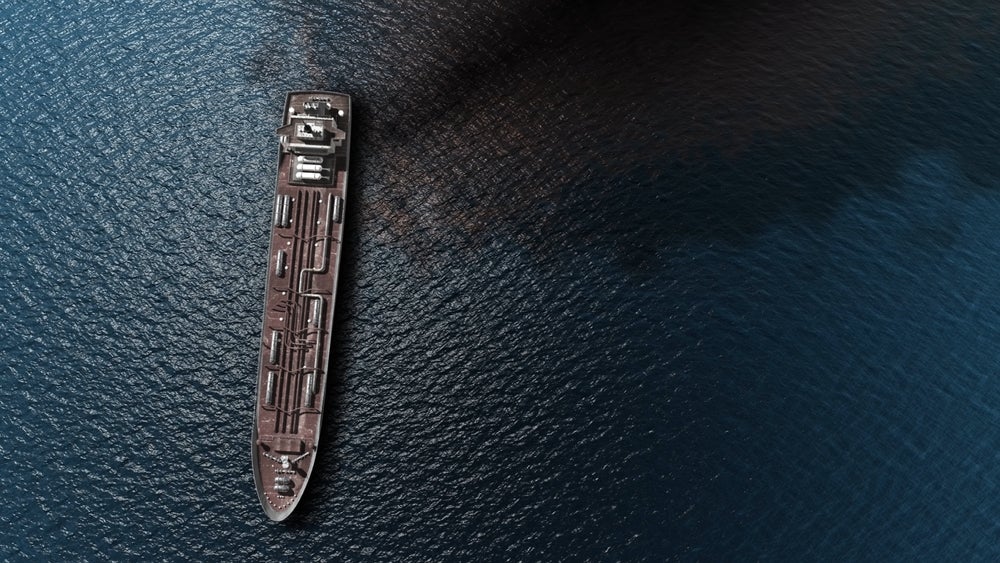
Jake Molloy has been involved in the offshore industry for over 25 years and in that time has seen a lot of changes – from the first exploitation of North Sea crude oil and gas resources up until recent times when the oil market has seen the price of a barrel of Brent crude pushed up and up.
The road to becoming general secretary
Molloy started work for the Chevron Oil Company in 1980 in the Minian Field and worked offshore for six years before there was a slump in the price of crude oil causing thousands of offshore workers to be laid off. Molloy himself was made redundant but returned to offshore employment only a couple of months later to the Brent field for Shell and worked there until 1997 before being elected to the union.
From 1980 to 1986 he was involved in maintenance work on offshore platforms and then up until 1997 he was involved in deck work as a helicopter officer and deck officer. “The work is hard and the hours can be long,” he says, “but with a two-week-on and three-week-off rotation and a good salary there is a good work / life balance.”
Offshore industry safety
As with all heavy industry, someone coming into the industry must be aware of the safety aspects.
Molloy points out that there are 24,000 offshore workers in the UK alone and that although there are two to three fatalities a year the industry has a good safety record. Offshore health and safety is a primary and fundamental concern for all associated with the offshore industry.
Advice for graduates heading for the offshore industry
Demand for qualified professionals is still increasing and the oil majors are always taking on graduates to train. In addition, a lot of the offshore skills are transferable as well and so this type of work is a good grounding for a successful career.
How well do you really know your competitors?
Access the most comprehensive Company Profiles on the market, powered by GlobalData. Save hours of research. Gain competitive edge.

Thank you!
Your download email will arrive shortly
Not ready to buy yet? Download a free sample
We are confident about the unique quality of our Company Profiles. However, we want you to make the most beneficial decision for your business, so we offer a free sample that you can download by submitting the below form
By GlobalDataA lot of oil companies will insist their graduates are prepared to work anywhere in the world. The skills required are so diverse. An offshore platform represents a hotel, a refinery and an airport, and requires skills from cooks to mechanical engineers, from well engineers to design, electrical and instrumentation engineers. So there really is something for everyone.
Of course there is always the option of working onshore in a supporting role and a lot of graduates are required for this side of the industry as well.






